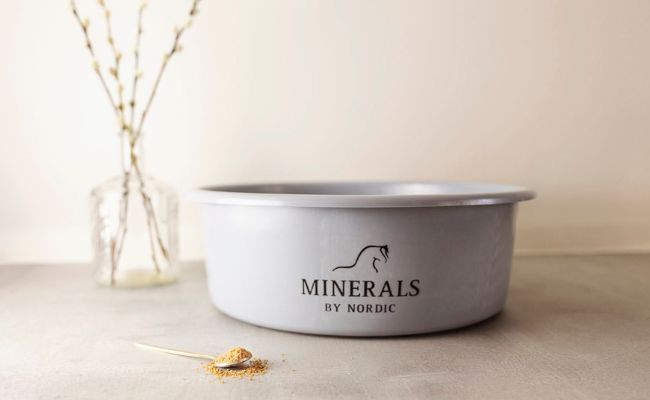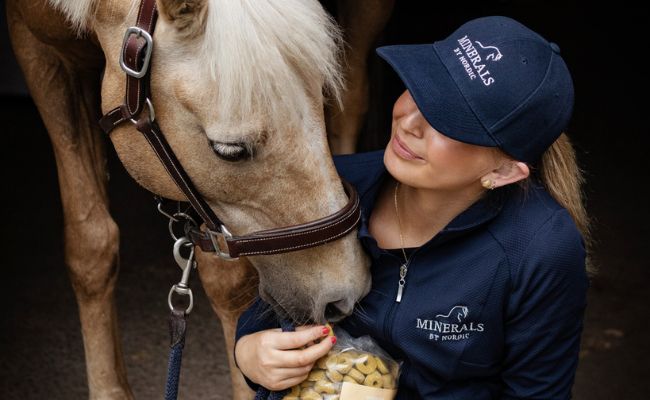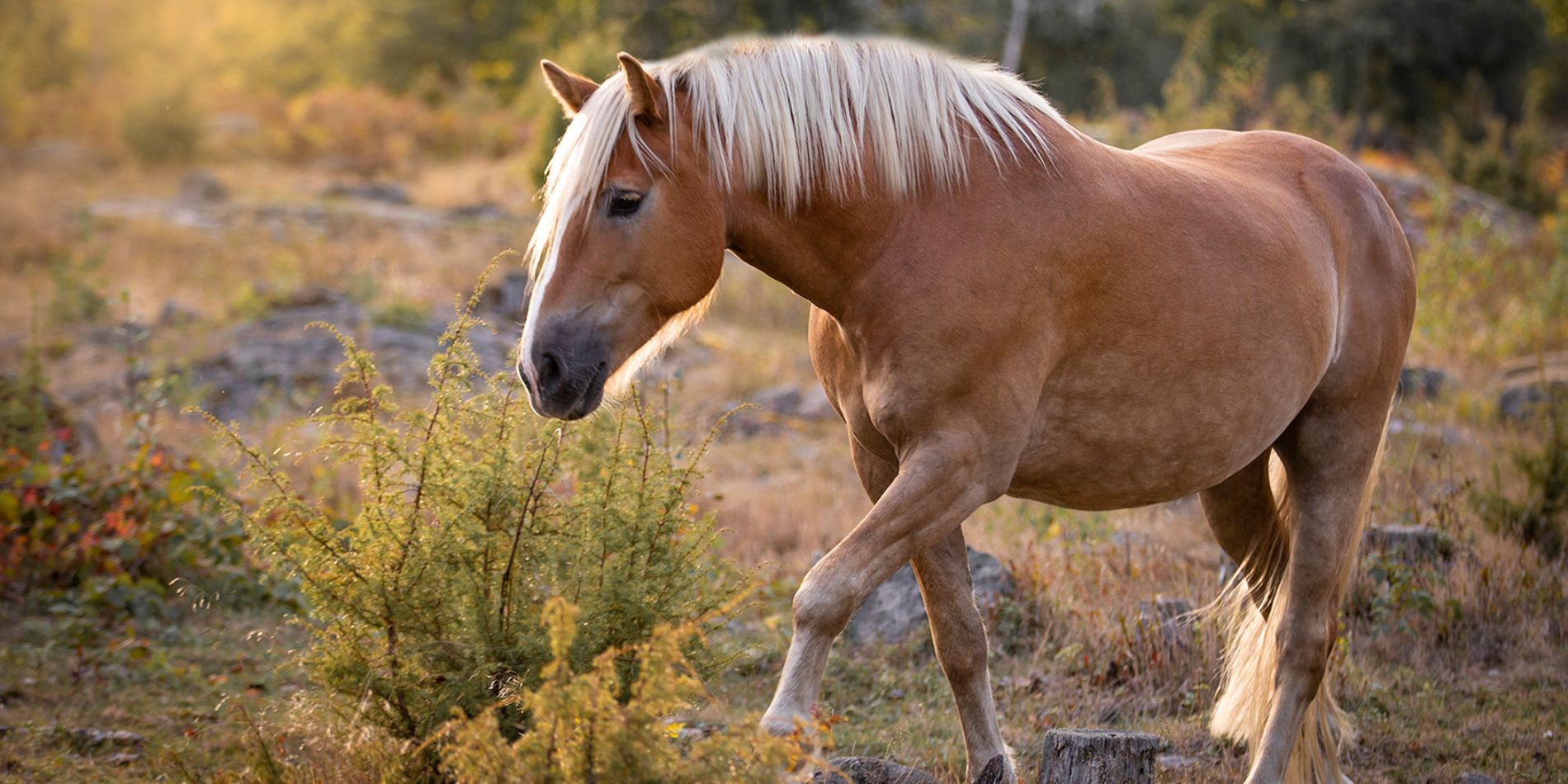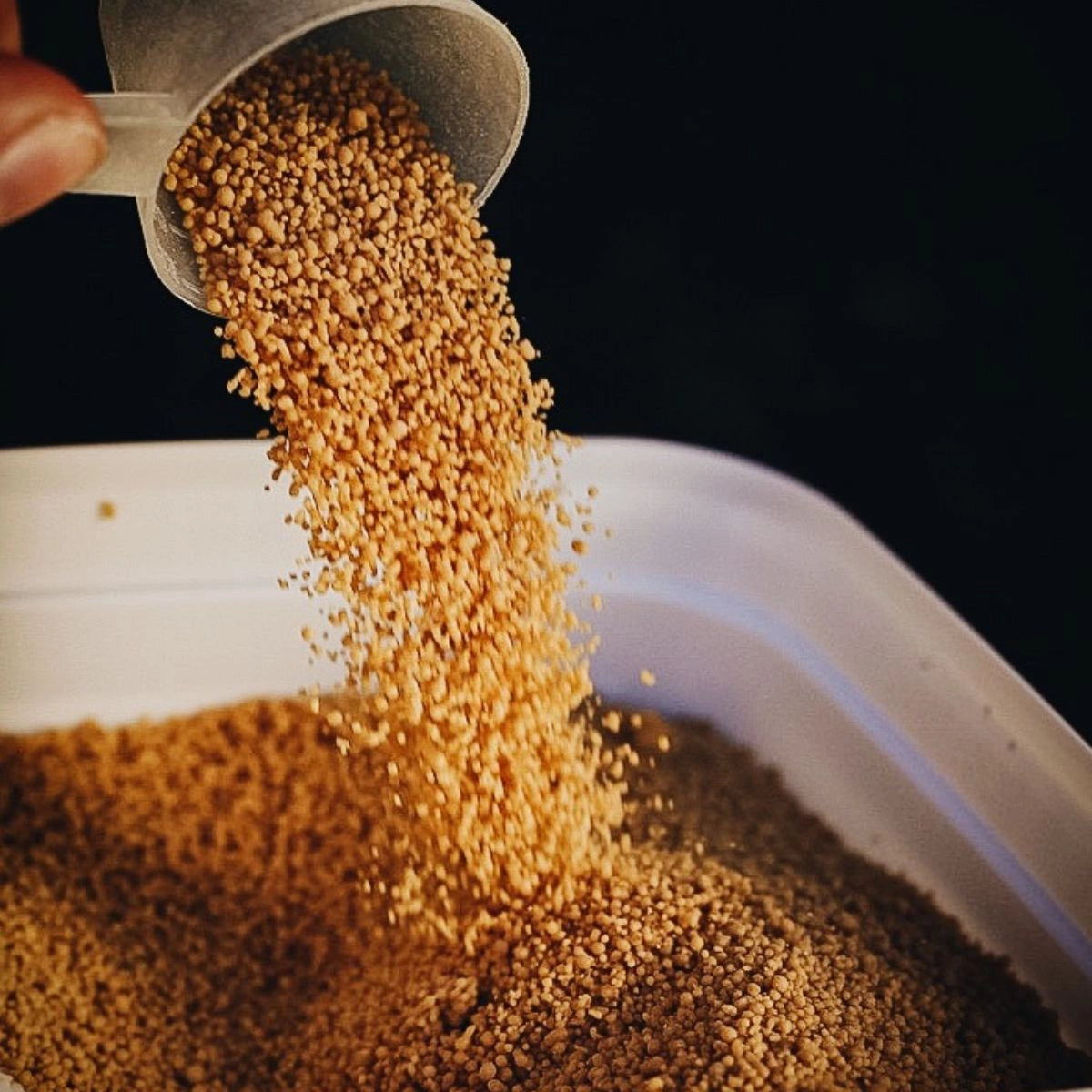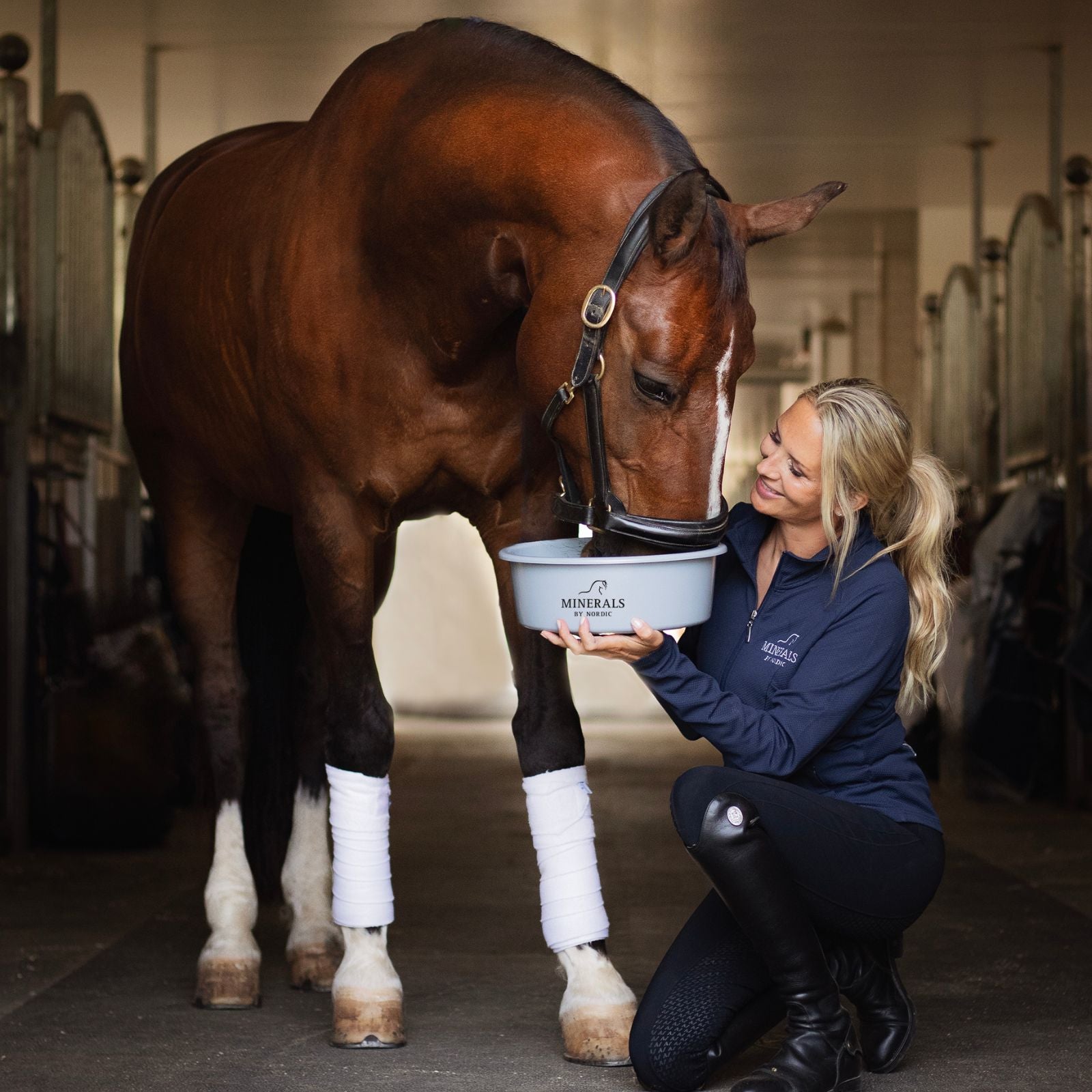Loose Stools in Horses - Causes and Preventive Measures
Loose stools in horses are a common issue that can affect everything from their overall health to performance and well-being. Horses' digestive systems are both complex and sensitive, making them particularly vulnerable to changes in diet, stress, and other factors. Understanding why horses get loose stools is essential for preventing and treating the problem effectively.
Common Causes of Loose Stools
1. Sudden Diet Changes
One of the most common causes is sudden changes in the diet. Horses’ digestive systems are sensitive to alterations, and a sudden switch to new hay, concentrates, or grazing can disrupt the balance of gut flora, leading to loose stools.
2. Poor Feed Quality
Feed that is moldy, dusty, or of low quality can irritate the horse’s digestive system. This can lead to both loose stools and reduced nutrient absorption.
3. Stress
Stress, such as during transportation, competitions, or other environmental changes, can affect the horse's digestion and lead to loose stools. This is often due to increased gut activity as part of the horse’s stress response.
4. Parasites
Intestinal worms, especially in horses with poor deworming routines, can irritate the intestines and cause diarrhea or loose stools. Regular parasite control is therefore important.
5. Infections and Diseases
Bacterial or viral infections, such as salmonella or clostridia, can cause severe diarrhea in horses. This is often associated with fever, reduced general condition, and requires immediate veterinary care.
6. Too Much Sugar or Starch
Horses fed too much concentrate or other sugar- and starch-based foods can develop loose stools. This is because excess sugar and starch are not digested in the small intestine but continue to the large intestine, where they ferment and cause imbalance.
7. Sand Colic or Sand in the Gut
Horses grazing or eating in sandy areas can ingest sand, which can irritate the intestines and lead to loose stools or diarrhea.
8. Gut Flora Imbalance
The horse’s gut flora can be disrupted by antibiotic treatments, leading to diarrhea. Probiotic supplements can sometimes help restore balance.
9. Feed Intolerances or Allergies
Some horses may be sensitive to specific feed ingredients, which can lead to loose stools. This is less common but should be considered if the problem is chronic.
Prevent Problems Before They Arise
Managing and preventing loose stools in horses is about understanding their unique needs and creating a stable foundation for good gut health. By ensuring a balanced diet, gradual changes, and a stress-free environment, you can help your horse avoid digestive problems and live a healthy and comfortable life.
Remember, every horse is individual, and if loose stools become a recurring issue, it’s important to contact a veterinarian to identify the cause and receive the appropriate treatment. With the right care and attention, you can help your horse stay healthy and perform at its best, both in everyday life and in competition.
A healthy gut is the key to a healthy horse – and by being proactive in your horse care, you can create the best conditions for your horse's health and well-being!


